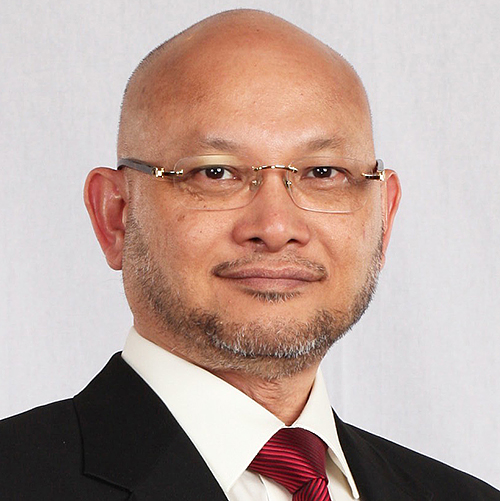 |
|
In the late 1990s, when Bill Clinton was still president of the US, the US Treasury began preparations to shut down their debt issuance office. With the new budget surplus (due to the bloated tax revenues being generated from the dotcom economy), the US would never need to borrow money again on any large scale. They did, however, think it worthwhile to keep a small, token operation going just so the skill set of the previous generation could be passed on. It would be such a curiosity, visitors to the Treasury would be able to view their activities via a darkened glass screen.
And yet, despite the magically disappearing US treasury market, bond yields rose from 4.75% to 6.75% in about a year. There was still more demand than supply but, even so, yields rose. Savvy investors at the time noted that US treasuries were the biggest "buy" in history because the dotcom mania would end one day (companies that made no profits and had no products were being valued at billions of dollars). It was one of those moments when a collective mania had set it; notions of being an "investor" had been thrown out of the window in favour of fashionable emotions like "excitement" and "entertainment".
The next episode of economic history saw George W Bush installed as president. It also coincided with the September 11 2001, Twin Towers attack and the ensuing war on terror. The budget deficit began to rise again. Lots of bonds were issued for government expenditure but bond yields fell from about 6.75% to 4% just before the financial crisis hit. This time there were lots of supply. Employees at the debt office breathed a sigh of relief - there were going to be needed after all - and you might have been forgiven for thinking that yields would have risen to reflect that fact. As it turned out, they did the opposite to what you would have expected if you were basing your ideas on notions of supply, just as they did in the Clinton era.
It is for these reasons, among others, that I am suspicious of the current ideas flailing around that attempt to explain why the US bond market just isn't behaving itself right now. Unsubstantiated assertions about dark forces mopping up the supply of bonds in a decreasing budget deficit environment have become the last hiding place of the perplexed. It's kind of them to try to wrap a reason around a market movement but it isn't necessary and the evidence isn't with them. The largest holders of US treasuries, Japan and China, haven't stepped up their purchases noticeably (China has actually been a net seller year-on-year) for instance. The "mystery" buyer feeding the US budget deficit isn't actually mysterious at all - it's the Federal Reserve.
Obviously, to invoke the "excess demand" idea you have to invent the unseen and immeasurable groups that supposedly deform the market. Admittedly, US banks have been buying at a much higher rate than last year but at some US$75 billion for the year, it's not the sort of thing that would permanently skew anything as large as the US treasury market.
No, sadly, many of these things are retro-fitting market movements to an idea that can't be proven. Because the other piece of evidence against the mystery buyer theory is the fact that the ratio of bonds offered to bids accepted in the remaining QE programme in the US is rising very quickly. In other words, there are some VERY willing sellers out there whenever the Fed is in the market. As yields fall investors are actually getting rid of the things they know have no investment value.
I asked a friend of mine recently, an ex-policeman, who is in the giant Chinook helicopters you can see thudding across the London skies from time to time? "Usually nobody," he replied, to my surprise. "They do it so that when there IS someone important in one, nobody takes any notice…." In other words, sometimes, you have to do things ahead of time in the knowledge you are going to need them one day.
Stewart Cowley is the portfolio manager at Old Mutual Global Bond Fund









